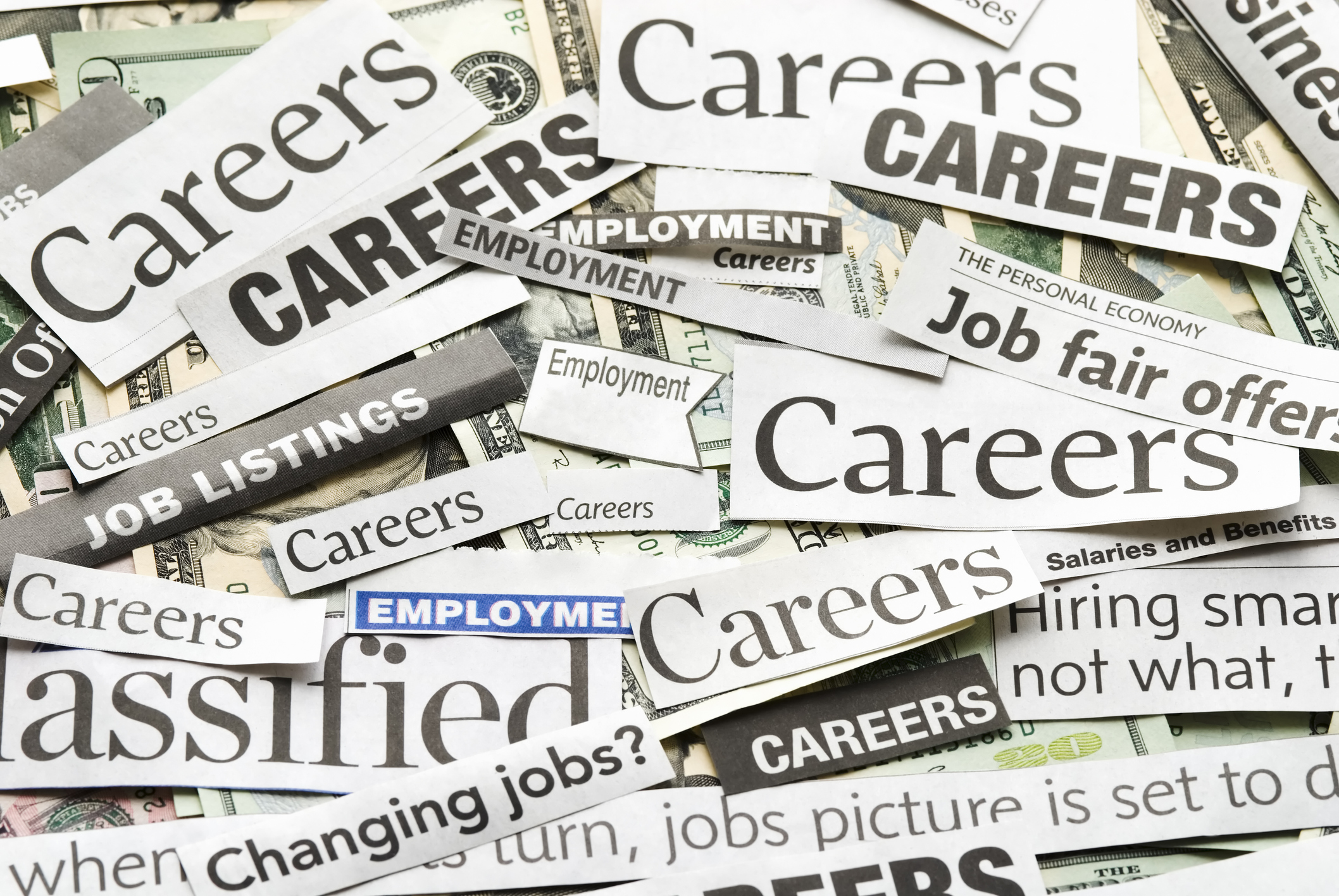Is 2023 the year of the worker?


A free daily email with the biggest news stories of the day – and the best features from TheWeek.com
You are now subscribed
Your newsletter sign-up was successful
Back to work! Here are some workplace trends we might see in 2023:
Back to the office
While working from home became commonplace at the start of the pandemic, experts posit that 2023 may lead people back into the office. Many employees are still partial to working at home and feel unproductive at the office, The Wall Street Journal explains. However, evidence also suggests that some employees are willing to return to the office a few days a week. "There's a little bit of a tug of war going on right now," said David Garfield, global head of industries at consulting firm AlixPartners.
The Week
Escape your echo chamber. Get the facts behind the news, plus analysis from multiple perspectives.

Sign up for The Week's Free Newsletters
From our morning news briefing to a weekly Good News Newsletter, get the best of The Week delivered directly to your inbox.
From our morning news briefing to a weekly Good News Newsletter, get the best of The Week delivered directly to your inbox.
Toss-up on employer leverage
Employees have been gaining a stronger hold on employers for a while now, and evidence suggests that the trend is bound to continue. There is expected to be a tight labor market in 2023, giving workers more power. Also, high rates of job-switching have made it difficult for employers to retain employees, The New York Times reports. For this reason, employers have had to work to keep their employees, forcing more flexibility and workers' rights, explains Forbes. An emphasis on unionization and protests is also likely to increase.
On the flip side, a potential recession may increase an employer's leverage as the threat of unemployment increases. In 2022, a number of tech companies carried out massive layoffs, however, the job market has continued to remain competitive thus far. So far experts remain cautious but still optimistic about 2023, per CNN.
Four-day work week
A free daily email with the biggest news stories of the day – and the best features from TheWeek.com
The idea of transitioning to a four-day workweek is increasingly enticing for the workforce. A handful of companies experimented with it for six months, resulting in lower stress, fatigue, insomnia, and burnout, as well as better physical and mental health, CNN reports. There was also an increase in revenue and productivity. None of the experimenting companies opted to return to the five-day workweek.
Coupled with the push towards flexibility, a four-day workweek allows employees to have more personal time. "The goal of a shortened workweek is to find ways to help employees work smarter, not harder," explains Sofia Passova, Ph.D., founder, and CEO of StereoLOGIC.
Pay transparency
Experts predict that wage and salary transparency will play a main role in 2023 workplace dynamics. Harvard Business Review expects "a fifth of all U.S. workers will be covered under pay transparency laws." Currently, Colorado, New York, California, and Washington have laws in place requiring employers to put salary ranges on job listings. The rise of unions also contributes to the push for transparency.
Devika Rao has worked as a staff writer at The Week since 2022, covering science, the environment, climate and business. She previously worked as a policy associate for a nonprofit organization advocating for environmental action from a business perspective.
-
 6 exquisite homes with vast acreage
6 exquisite homes with vast acreageFeature Featuring an off-the-grid contemporary home in New Mexico and lakefront farmhouse in Massachusetts
-
 Film reviews: ‘Wuthering Heights,’ ‘Good Luck, Have Fun, Don’t Die,’ and ‘Sirat’
Film reviews: ‘Wuthering Heights,’ ‘Good Luck, Have Fun, Don’t Die,’ and ‘Sirat’Feature An inconvenient love torments a would-be couple, a gonzo time traveler seeks to save humanity from AI, and a father’s desperate search goes deeply sideways
-
 Political cartoons for February 16
Political cartoons for February 16Cartoons Monday’s political cartoons include President's Day, a valentine from the Epstein files, and more
-
 TikTok secures deal to remain in US
TikTok secures deal to remain in USSpeed Read ByteDance will form a US version of the popular video-sharing platform
-
 Unemployment rate ticks up amid fall job losses
Unemployment rate ticks up amid fall job lossesSpeed Read Data released by the Commerce Department indicates ‘one of the weakest American labor markets in years’
-
 Is the UK headed for recession?
Is the UK headed for recession?Today’s Big Question Sluggish growth and rising unemployment are ringing alarm bells for economists
-
 US mints final penny after 232-year run
US mints final penny after 232-year runSpeed Read Production of the one-cent coin has ended
-
 Warner Bros. explores sale amid Paramount bids
Warner Bros. explores sale amid Paramount bidsSpeed Read The media giant, home to HBO and DC Studios, has received interest from multiple buying parties
-
 Gold tops $4K per ounce, signaling financial unease
Gold tops $4K per ounce, signaling financial uneaseSpeed Read Investors are worried about President Donald Trump’s trade war
-
 Electronic Arts to go private in record $55B deal
Electronic Arts to go private in record $55B dealspeed read The video game giant is behind ‘The Sims’ and ‘Madden NFL’
-
 New York court tosses Trump's $500M fraud fine
New York court tosses Trump's $500M fraud fineSpeed Read A divided appeals court threw out a hefty penalty against President Trump for fraudulently inflating his wealth
